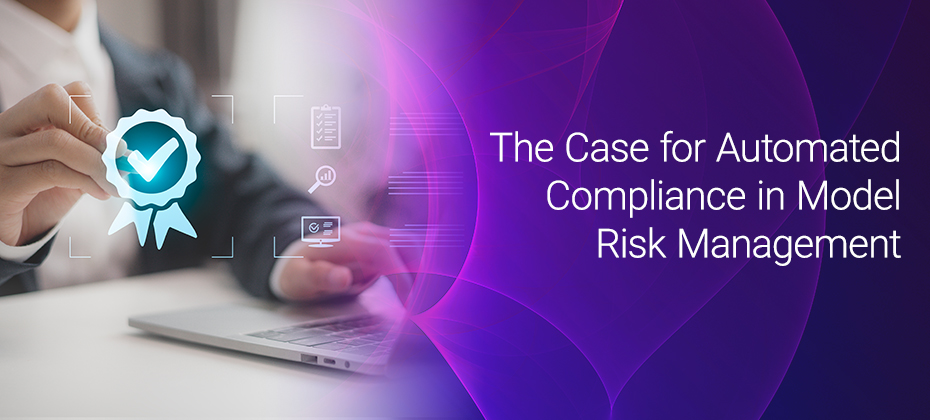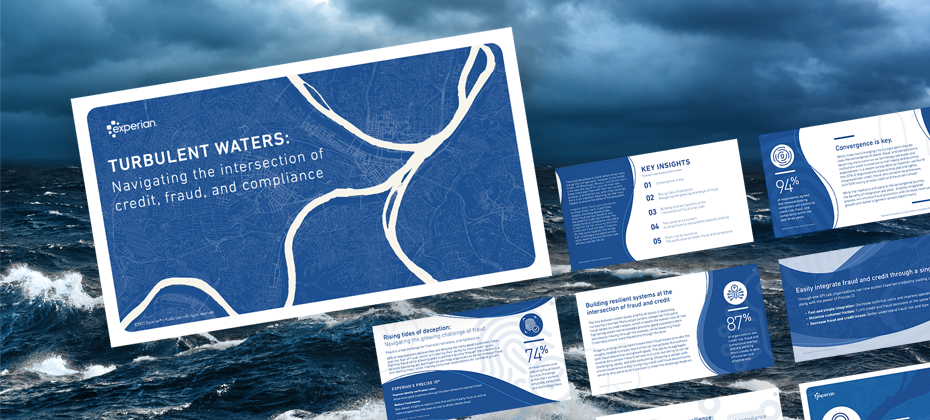
In today’s financial landscape, regulatory compliance with model risk management requirements is crucial for operational resilience. With increasing regulatory complexities, financial institutions must ensure adherence without compromising efficiency. The challenge lies in balancing strict regulatory demands with the need for streamlined operations.
Regulatory frameworks in the UK and US
Financial institutions in both the US and UK face stringent regulations for managing model risk:
- SR 11-7 (US): Issued by the Federal Reserve, this framework mandates robust processes for model development, validation, and monitoring.
- SS 1/23 (UK): Introduced by the Prudential Regulation Authority (PRA) in 2023 (effective May 2024), this regulation emphasizes AI/ML readiness, explainability, and transparency.
Both frameworks apply to all models—traditional and AI/ML-based—leaving it up to banks to implement effective compliance strategies.
Common challenges faced by banks
1. Manual and resource-intensive model documentation processes
Banks often struggle with labor-intensive documentation practices, consuming significant time and resources. Describing each step in data collection and model development with detailed justifications adds to compliance burdens. According to Experian research, most institutions find their documentation processes inefficient, requiring more time and resources than before.
2. Uncertainty around GenAI use
Many banks remain unclear about integrating Generative AI (Gen AI) into risk management models. Financial institutions struggle to determine where AI can be leveraged in compliance and how to justify its use within heavily regulated environments.
3. Delays in independent validation
Model validation is complex due to frequent regulatory updates, geographical variations in compliance requirements, and AI/ML integration. More than half of financial institutions report difficulties in keeping up with regulatory changes. Independent validation teams also face delays in accessing model development platforms, leading to inconsistencies in validation reports.
4. Inefficiencies in the governance and approval process
Tracking approvals and governance workflows remains cumbersome. Bottlenecks slow operations, and challenges raised during approvals often lack documented evidence. Experian’s insights indicate governance inefficiencies significantly delay model risk management processes, with a quarter of total time spent on non-value-adding activities.
5. Inconsistent performance monitoring
Custom performance monitoring reports require significant time and effort to build. Many stakeholders remain unaware of deteriorating model performance, increasing risk exposure.
Introducing Experian’s Assistant for Model Risk Management
Experian Assistant for Model Risk Management, powered by ValidMind, streamlines governance, automates model documentation, and enhances compliance processes. This comprehensive solution addresses key challenges and enables financial institutions to efficiently meet model risk management requirements.
Key features:
- Automated model documentation – Customizable pre-defined templates standardize documentation, ensuring consistency with internal standards and regulatory frameworks (SR 11-7 and SS 1/23).
- AI-powered insights – Responsible Gen AI integration enhances documentation accuracy, reducing manual errors and enabling additional custom validation.
- Effective validation integration – Independent validators access a centralized validation testing and documentation platform, eliminating bottlenecks.
- Centralized and comprehensive repositories – A unified source of truth ensures collaborative, accessible, and auditable documentation.
- Performance monitoring – Automated monitoring alerts stakeholders to performance threshold breaches, facilitating timely intervention.
Emphasizing the partnership with Experian
Experian’s extensive expertise in data, analytics, and model risk management strengthens the capabilities of Experian Assistant for Model Risk Management, powered by ValidMind. This collaboration provides financial institutions with a robust compliance automation solution tailored to evolving regulatory challenges.
Institutions leveraging Experian’s solutions report improved compliance accuracy, reduced operational burden, and increased confidence in vendor-based compliance automation.
With compliance demands escalating, financial institutions must balance regulatory adherence with operational efficiency. Experian Assistant for Model Risk Management automates model documentation, integrates model risk management, and enhances validation capabilities within a single platform. Reducing compliance complexity enables financial institutions to focus on innovation and growth while maintaining regulatory consistency.
Redefine your compliance processes today. Visit our website to learn more.


